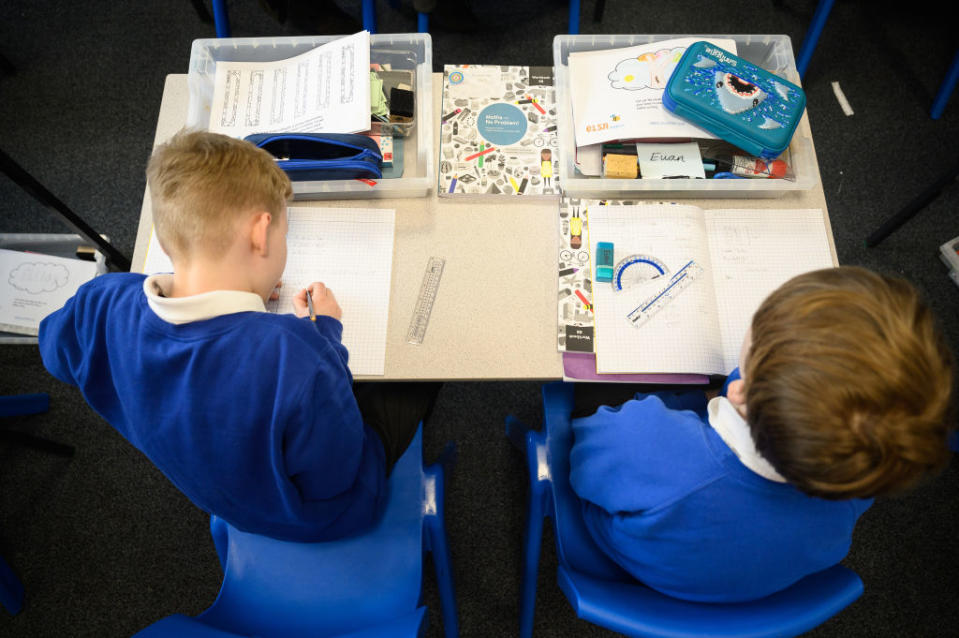Teaching unions urge government to delay private school VAT roll out

Teaching unions have urged the government to delay the roll out of private schools having to pay 20 per cent VAT on fees, amid fears of job losses and a “significant burden” on HMRC.
Reports emerged on Sunday that ministers were reevaluating the policy – after the Treasury initially declined to confirm it would take effect on January 1 – but this was later reversed, and imposing VAT and business rates is expected to feature in the Budget on October 30.
But unions called for “comprehensive” impact assessments, due to worries that the change being mid-way through an academic year will make it harder for schools and families.
Both the National Association of Schoolmasters Union of Women Teachers (NASUWT) and the Association of School and College Leaders (ASCL) argued for a delay to the roll out in their submission to the Department for Education (DfE)’s consultation on the move.
“We would strongly recommend that the government undertakes and publishes a comprehensive impact assessment and a full consultation on these proposals… and that it delays their implementation until September 2025 at the earliest,” wrote Lynne Horner, independent schools specialist at the ASCL.
The ASCL submission also argues that moving to introduce VAT from January 2025 would lead to a “significant additional administrative burdens for taxpayers, schools and HMRC” and be “logistically extremely challenging”.
VAT registration applications “have a lead time of three to six months”, they stressed, and added that for around 2,500 schools to be registered by January 1 “seems extremely unlikely, especially given the Christmas and New Year break”.
And invoices to parents for school fees are “routinely sent in December”, meaning VAT invoices will need to be up and running even sooner, the ASCL added.
They also called for the government to consider the impact on schools of different sizes; on teachers and staff; reducing state and independent partnerships; unintended consequences such as on disadvantaged children via “reduction in bursary programmes”; and concerns for SEND pupils and increased pressure on state schools and class sizes.
While the NASUWT’s DfE submission cited an Institute for Fiscal Studies (IFS) study that warned of uncertainties such as “potential reduction in labour supply” and high needs pupils.
General secretary Dr Patrick Roach urged minister to “avoid unintended consequences” which he said could include “creating job loss, cuts to terms and conditions for teachers and support staff, or school closure”, as well as impacting professional “teacher retention”.
He added: “We request that impact assessments take place in terms of the effects on the special needs systems in the four UK nations, and in particular the effect on local authorities where more mainstream places may be needed.
We request that a more reasonable time frame is proposed in order to implement the change fairly and without excessive disruption for teachers, pupils and parents.”
The Chartered Institute of Taxation has said: “We are concerned that neither HMRC nor the private schools will be ready to implement the change in VAT liability.
“As there is currently no tax information and impact note or published guidance, with an implementation date that is effectively shortened by schools closing mid-December, we recommend that the implementation date be delayed accordingly.”
The Treasury has been contacted for comment.